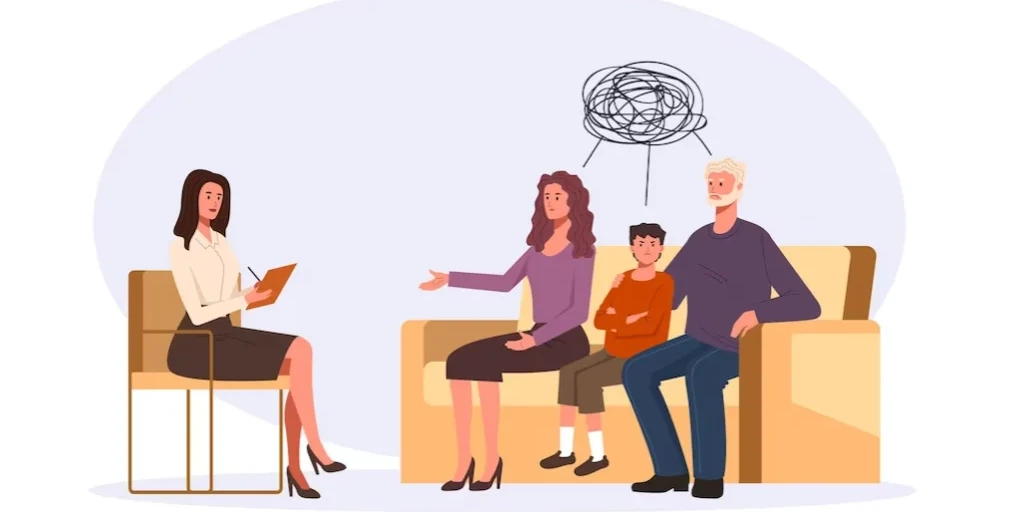24/7 Helpline:
(866) 899-221924/7 Helpline:
(866) 899-2219
Learn more about Aftercare Support centers in Linn
Aftercare Support in Other Cities

Other Insurance Options

Oxford

Meritain

Self-pay options

Health Choice

Premera

Optum

Health Partners

Cigna

Regence

Multiplan

CareFirst

Absolute Total Care

UnitedHealth Group

Carleon

Aetna

American Behavioral

Ceridian

Covered California

Humana

UMR











